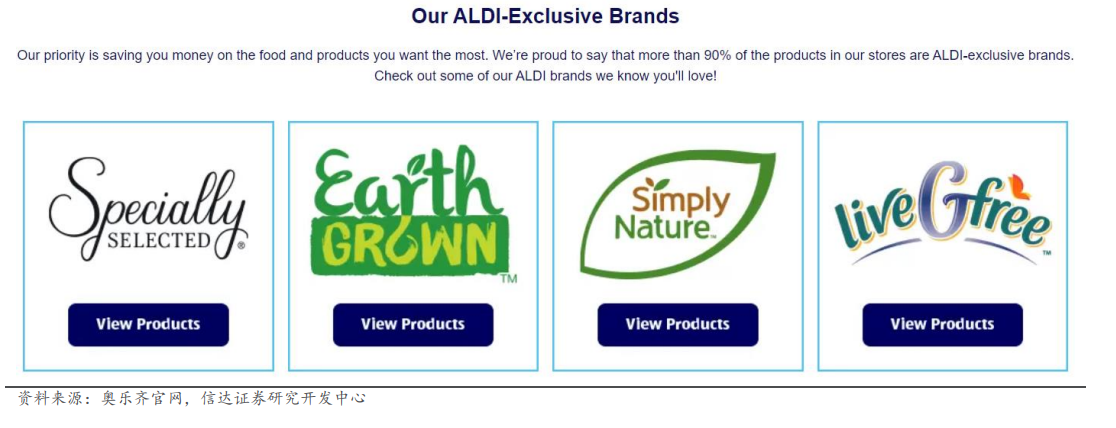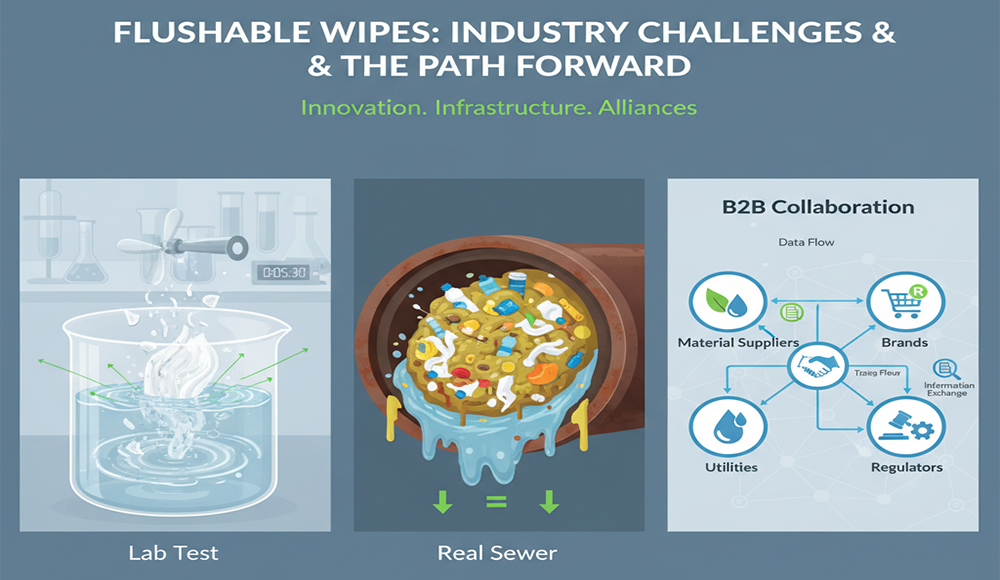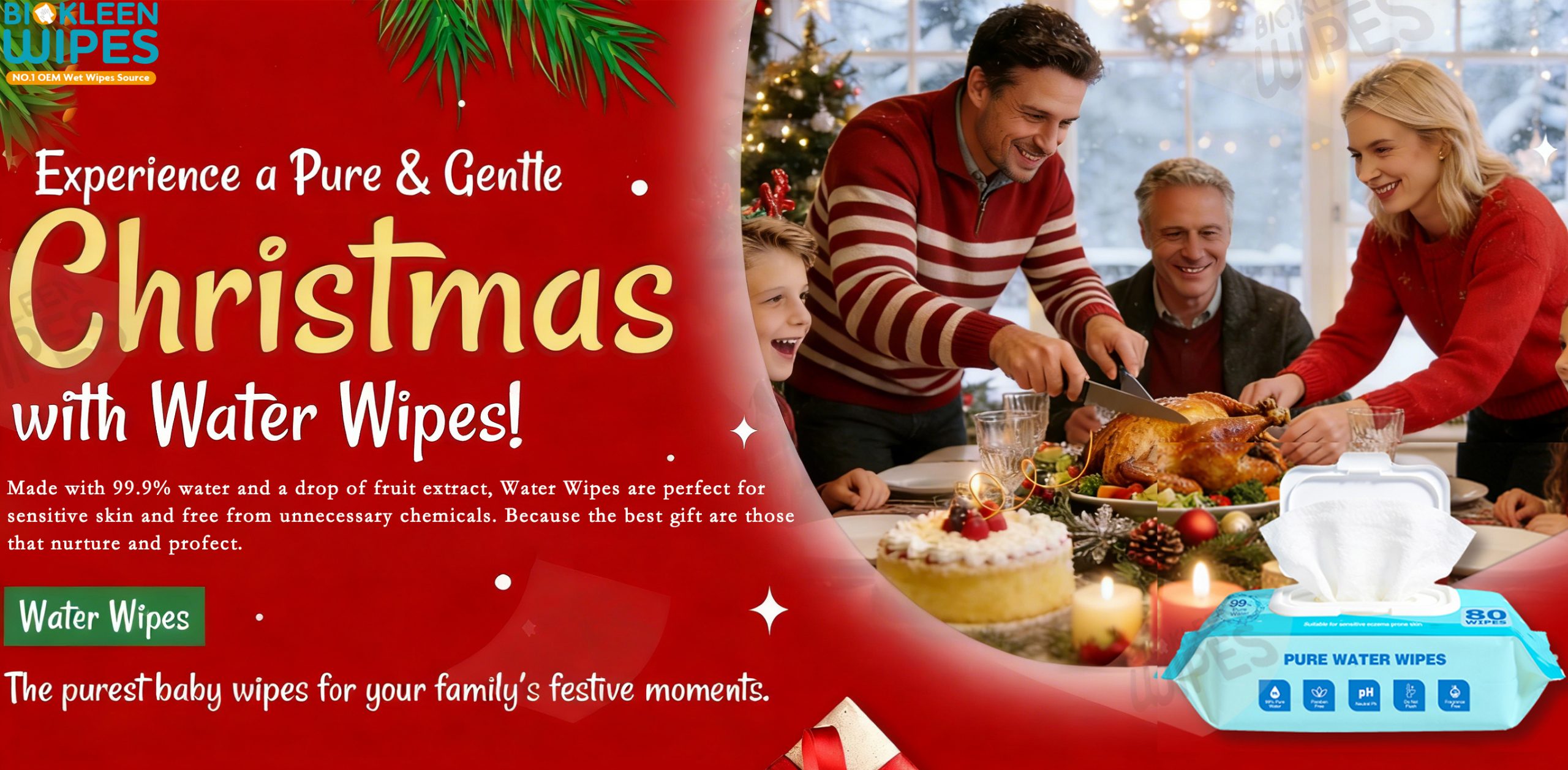Across global retail, one shift is impossible to ignore: private-label products are rising faster than national brands. And when we look at the industry leaders, the message becomes even clearer — those who master private label will own the next decade of retail.
Among all global retailers, Aldi is the strongest proof.
Aldi: The Global Benchmark for Private-Label Excellence

Aldi’s model is built on simplicity, efficiency, and a highly integrated supply chain — and at the center of that model lies private label. Today, 93% of Aldi’s assortment is private label, a level most retailers can only dream of. This isn’t merely a merchandising choice; it is an entire business philosophy.
Other global players have followed the same direction:
Costco: 30–40% private-label (Kirkland Signature)
Sam’s Club: 20–30% private-label
Aldi: 93% private-label
(Source: retailwatch.net)
The pattern is unmistakable:
Retailers that invest in private label consistently achieve higher margins, stronger customer loyalty, and tighter supply-chain control.
Why Private Label Requires Higher Capabilities from Retailers
As private label expands, retailers face rising expectations. We believe the following three capabilities are now essential for success:
1. Supply Chain Integration and Direct Sourcing: The most critical factor is the ability to build a robust, integrated supply chain. Increasing direct sourcing and fostering deep, collaborative relationships with manufacturers allows retailers to control quality, manage costs, and improve supply stability. This move away from traditional middlemen is fundamental to achieving the price competitiveness that defines the discount model.
2. Product Development and Curation: A successful private label requires sophisticated product development and selection capabilities. It is no longer about creating a copycat product. It is about identifying consumer needs, innovating on formulas and features, and curating a selection that represents quality and value. This is how a private label transitions from being a product to being a trusted brand.
3. Building Brand Recognition: A private label is, at its core, a brand. It requires investment in packaging, storytelling, and marketing to build awareness and trust. Consumers must come to recognize and prefer your brand over national competitors. This brand equity is what drives repeat purchases and creates lasting loyalty.、
The path is not exclusive to discounters. Retail giants like Costco and Sam’s Club have also made private labels a cornerstone of their strategy, with their own brands (Kirkland Signature and Member’s Mark) accounting for approximately 30-40% and 20-30% of sales, respectively.
The message is clear: the future of retail is intertwined with the strength of its private brands. The challenges in supply chain, product development, and brand building are significant, but they are also the very factors that create a defensible competitive advantage. The time to cultivate your own private brand is now.
What This Shift Means for the Wet Wipes Industry
In the wet wipes industry, the rise of private label is even more pronounced.
Retailers today are no longer interested in generic or undifferentiated products. They demand:
Cleaner, minimalist formulas (EDI water wipes, Disinfecting wipes)
Sustainable materials (biodegradable wipes, bamboo wet wipes, flushable wipes)
Category-specific SKUs (baby wipes, facial wipes, pet wipes, gym wipes, household wipes)
Flexible OEM/ODM customization
Packaging aligned with their brand identity
In recent years, we have seen a surge in private-label inquiries from global retailers, pharmacy chains, and e-commerce brands. Many who once purchased standard wipes now want fully tailored product lines.
Private label is no longer a “low-cost alternative.”
It has become the retailer’s core value proposition.
Why Now Is the Best Time to Build Your Own Private Label
Whether you are a retailer, distributor, or fast-growing e-commerce brand, now is the ideal time to develop your own private label because:
- Consumers trust private label more than ever
- Margins are significantly higher than reselling national brands
- You control pricing, inventory, and product storytelling
- Your brand becomes harder to replace
- Supply-chain partners (like us) now support flexible MOQ, fast R&D, and custom formulas
In other words:
Private label protects your business in a competitive, margin-tight market.
Final Thought
Aldi’s success is not an accident — it is a roadmap.
Retailers that embrace private-label development today will define the next chapter of global retail.
If you are considering developing your own baby wipes, household wipes, beauty wipes, or pet wipes, now is the right time. The market is shifting fast — and the brands that act early will gain the greatest advantage.









